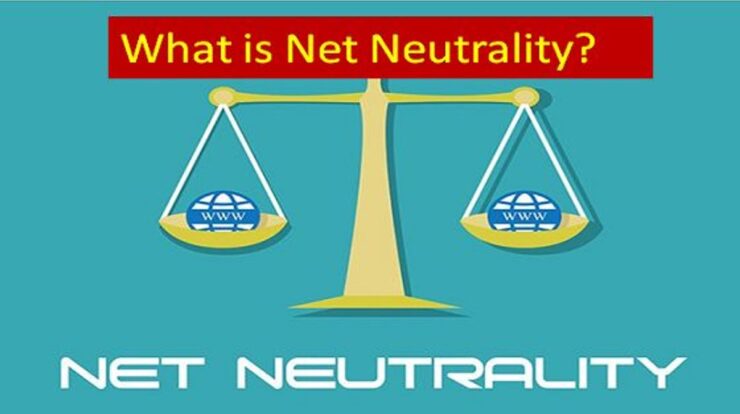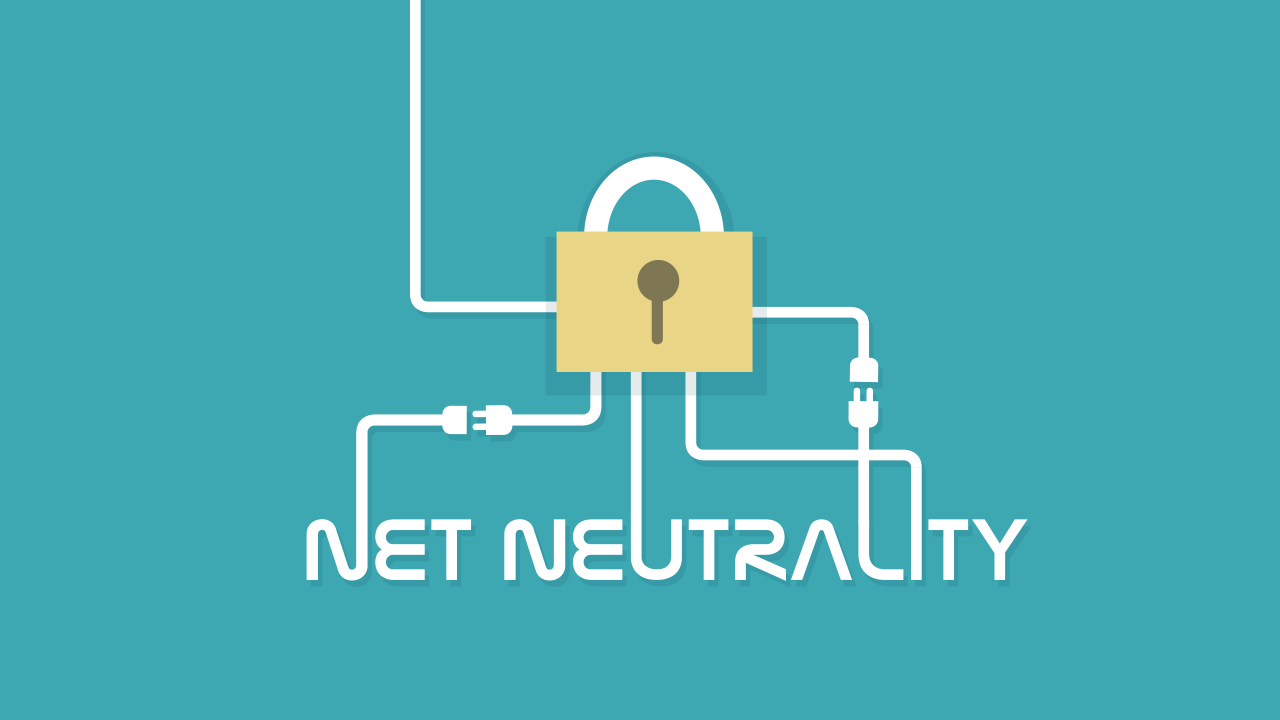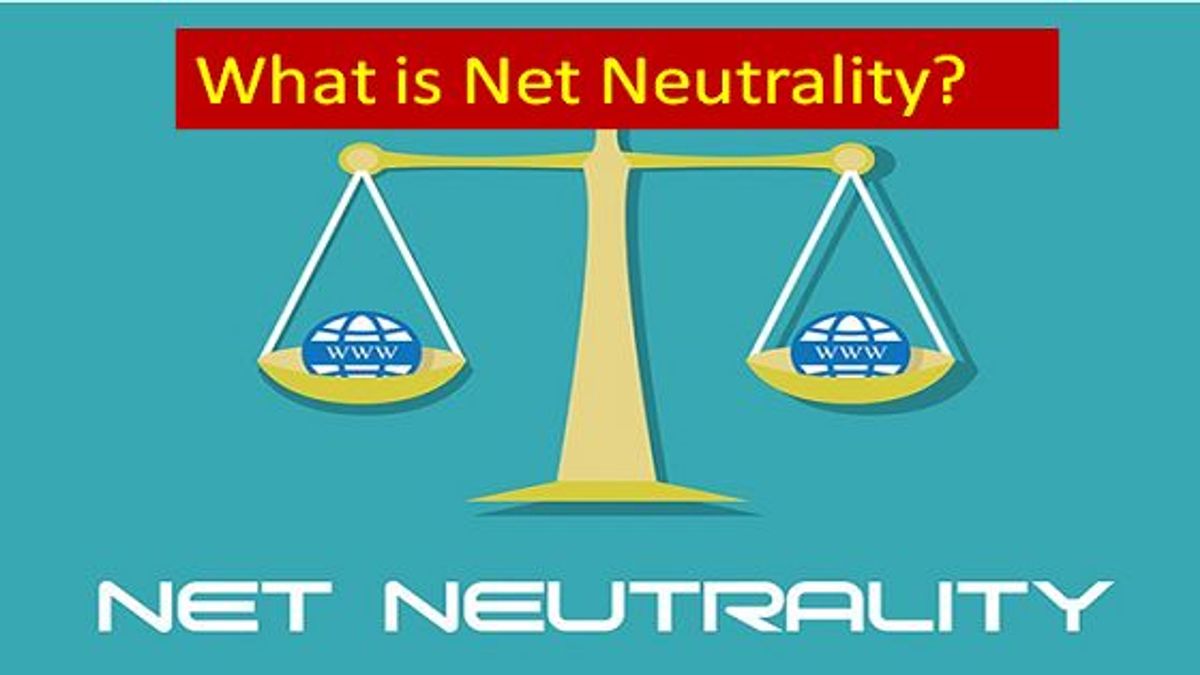
Net neutrality definition – Net neutrality is a crucial concept that ensures fair and open access to the internet for all users. It prohibits internet service providers (ISPs) from discriminating against or prioritizing certain types of traffic, websites, or services. This principle safeguards the internet as a level playing field, fostering innovation, competition, and economic growth.
The history of net neutrality dates back to the early days of the internet, when concerns emerged about the potential for ISPs to abuse their control over the infrastructure. Regulatory bodies and industry stakeholders have played a significant role in shaping the evolution of net neutrality, leading to various laws and regulations aimed at protecting this principle.
Net Neutrality Definition
Net neutrality is the principle that internet service providers (ISPs) must treat all internet traffic equally, without giving preferential treatment to certain websites or applications. This means that ISPs cannot block, throttle, or prioritize certain content over others.
The principles of net neutrality include:
- Transparency: ISPs must be transparent about their network management practices and disclose any instances of traffic prioritization.
- Non-discrimination: ISPs cannot discriminate against certain types of traffic, such as streaming video or file sharing.
- Reasonableness: ISPs can implement reasonable network management practices to maintain network performance, but these practices must not harm competition or innovation.
History of Net Neutrality
The concept of net neutrality emerged in the late 1990s as the internet became increasingly commercialized. In 2005, the Federal Communications Commission (FCC) adopted a set of net neutrality principles, but these were later overturned by a court ruling in 2010.
In 2015, the FCC adopted new net neutrality rules that classified broadband internet as a public utility, giving the FCC authority to regulate ISPs. However, these rules were repealed by the FCC in 2017.
Benefits of Net Neutrality: Net Neutrality Definition

Net neutrality has several benefits for consumers, including:
- Increased competition: Net neutrality promotes competition among ISPs and content providers, leading to lower prices and more innovation.
- Enhanced innovation: Net neutrality allows new and innovative applications and services to be developed without being blocked or throttled by ISPs.
- Economic growth: Net neutrality contributes to economic growth by fostering innovation and competition.
- Societal benefits: Net neutrality ensures that everyone has equal access to the internet, regardless of their socioeconomic status or location.
Challenges to Net Neutrality
Net neutrality faces several challenges, including:
- Technological challenges: ISPs argue that net neutrality regulations can hinder their ability to manage their networks effectively.
- Business model challenges: ISPs may have an incentive to prioritize certain types of traffic to generate revenue.
- Political challenges: Net neutrality has become a political issue, with some policymakers supporting strong net neutrality regulations and others opposing them.
Final Wrap-Up

The future of net neutrality remains uncertain, with emerging technologies and business models posing potential challenges. However, the importance of net neutrality for a free and open internet cannot be overstated. Policymakers, industry leaders, and consumers must work together to ensure that this principle continues to be upheld, safeguarding the internet as a platform for innovation, economic growth, and societal progress.
FAQ Compilation
What is the main principle of net neutrality?
Net neutrality ensures that ISPs treat all internet traffic equally, without blocking, throttling, or discriminating against specific content or services.
Why is net neutrality important?
Net neutrality promotes competition, innovation, and economic growth by preventing ISPs from favoring certain websites or services over others.
What are the challenges to net neutrality?
Challenges include the rise of new technologies like 5G and the emergence of business models that prioritize certain types of traffic.